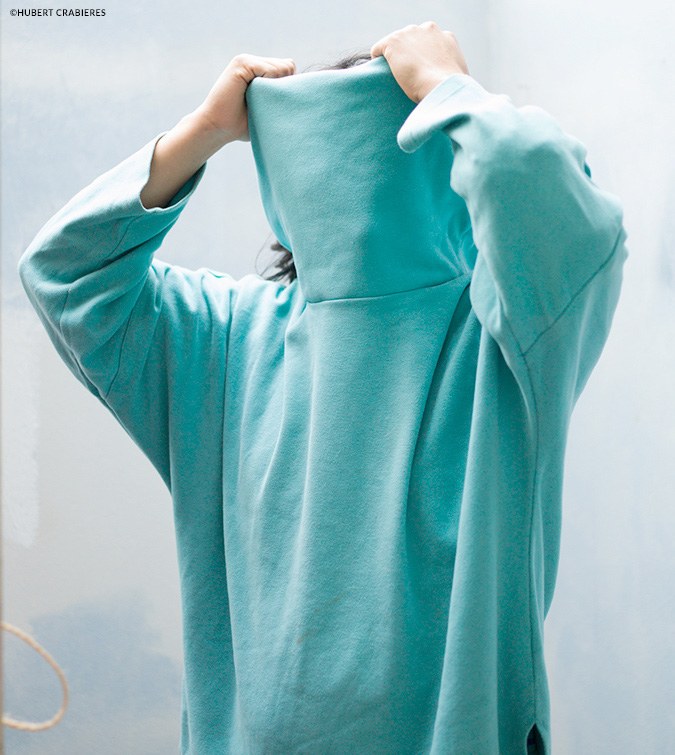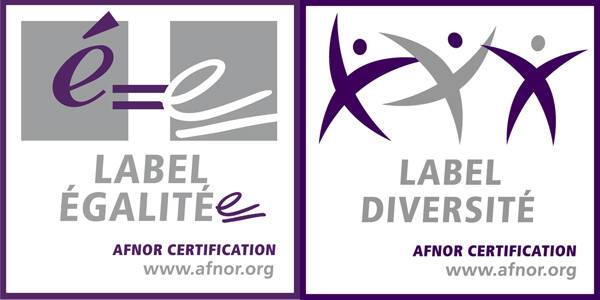Research
RESEARCH BENEFITS STUDENTS AT EACH STAGE OF THEIR PROGRESS THROUGH THE CURRICULUM, COMBINING EXPERIMENTATION, ARTISTIC PRACTICE, AND THEORETICAL REFLECTION.

Falling somewhere between thought and practice, research in art shapes and informs each step in the creative process (from conception to production, and then from distribution to response). Laying new ground and deploying the media and terminology needed to chart that ground across disciplinary lines, research in art, by its forms and substance, injects minority perspectives into dominant narratives, often with considerable friction.
Soon after its founding, ENSAPC developed relations with institutions having a research mission. From its origins, the school has been a locus of artistic experimentation and pedagogical knowledge, organizing colloquia on art instruction, on the emergence of what was then called “new technologies” (video, electronic art, and so on), and on the structure of the combined workshops on research and creation known as ARCs.
Research in art proceeds synchronously with the projects of faculty, students, and guest artists and scholars. It opens a space for theoretical reflection and production that enriches individual and group work. Another of its ambitions is to conceive new forms of diffusion and promotion, forms suggested by the very nature of the projects that emerge from the multiannual programs undertaken in collaboration with renowned partners in France and abroad. ENSAPC never stops challenging itself to supply the conditions necessary for the deployment and renewal of research in its teaching and other activities.
HOW RESEARCH WORK IS ORGANIZED AT ENSAPC
Rooted in the sharing of knowledge and in the dialogues that research provokes, research work at ENSAPC begins at the undergraduate level in the form of a teaching approach that couples reflection with modes of action and invites students to develop their artistic project through a give and take between thought and practice: creating a system in which ideas and experimentation settle into a foundation upon which a heterogeneous set of possibilities can flourish as material for artists to put into play in works and words. Initiation into art research and its methods begins early in undergraduate course work, ARCs (research and creation workshops), studios, seminars, and research projects.
During the two years of the master’s program, students participate in research projects that involve them in investigations of complex and pressing problems being explored by educational and scientific partnerships. These theoretical and multidisciplinary challenges find their way into students’ master’s dissertations, into their artwork, and into a variety of projects (colloquia, seminars, publications, festivals) through which the thinking and the experience emerging from the research can be shared—in dialogue with contemporary creative activity and changing cultural paradigms.
ENSAPC also engages in a variety of multi-year post-master’s activities. Organized by faculty in cooperation with international partners, these nondegree graduate programs focus on various axes of research. Since 2016, ENSAPC and the Ecole Supérieure d’Art et de Design TALM in Angers have cosponsored “Art By Translation,” a post-master’s program devoted to the question of translation in the arts.
Beginning in fall 2020, a new one-year master’s in art will be offered by the CY Cergy Paris University Graduate School of Humanities, Creativity, and Heritage. ENSAPC is one of the cofounders of the graduate school, along with the Ecole Nationale Supérieure d’Architecture de Versailles, the Ecole Nationale Supérieure de Paysage de Versailles (National School of Landscape Design), and the Institut National du Patrimoine (National Heritage Institute). Interinstitutional and international, the new master’s emphasizes a variety of research methodologies. It may be viewed as preparation for a practice-led doctoral program at ENSAPC (see below), though it is not a prerequisite for admission to the program. The new master’s program is designed to appeal to French and international students alike.
Since 2018, ENSAPC has participated in a practice-led doctoral program within the Graduate School of Humanities, Creativity, and Heritage. The highly internationalized program is open to artists, architects, landscape architects, restorers, conservators, and authors, among others. The program presently houses 44 doctoral candidates, 6 of whom are affiliated directly with ENSAPC.
ENSAPC’s Art Research Laboratory (LaRA) is an internal structure that brings together the school’s research faculty, guest scholars, and doctoral candidates. Housing a variety of rich research projects under way at ENSAPC, the laboratory is a space for epistemological reflection interweaving the theory and practice of art research. Recognized as a research unit by the French Ministry of Culture, LaRA receives support from the French government and is affiliated with the CY Cergy Paris University Graduate School of Humanities, Creativity, and Heritage.







